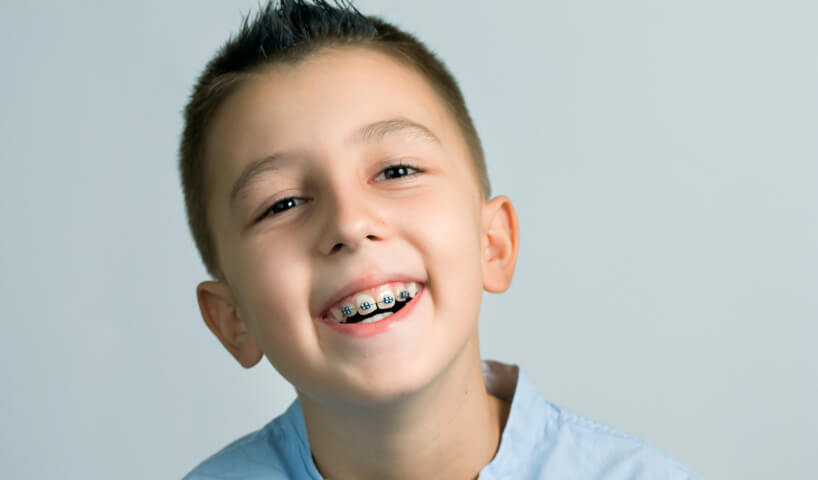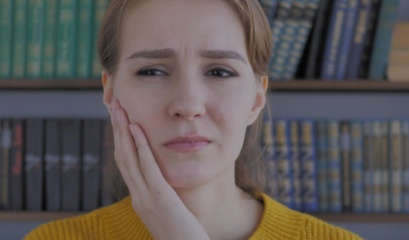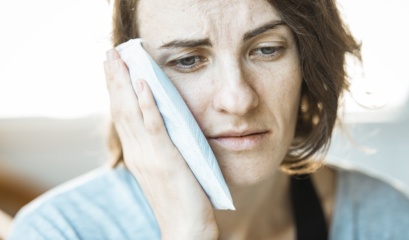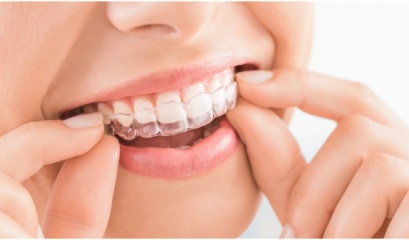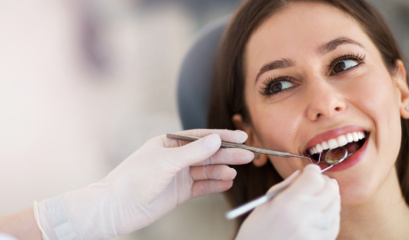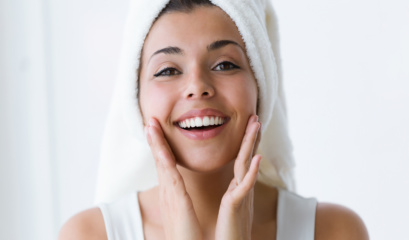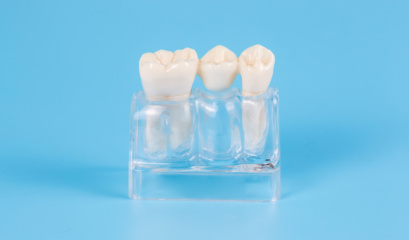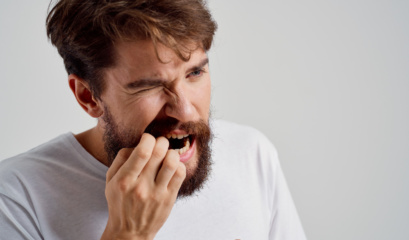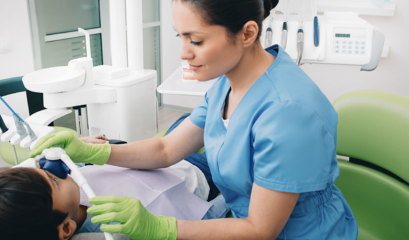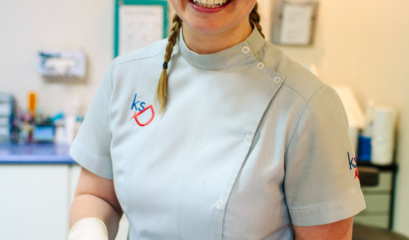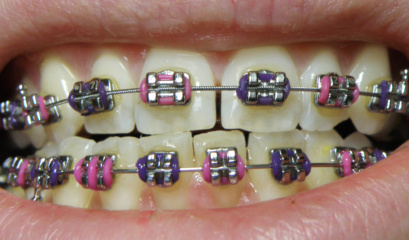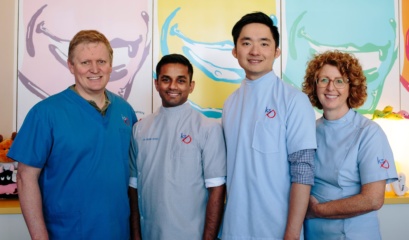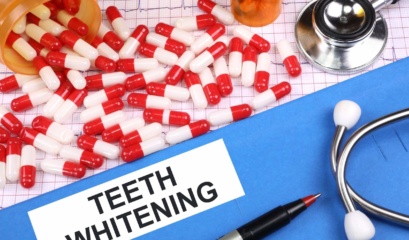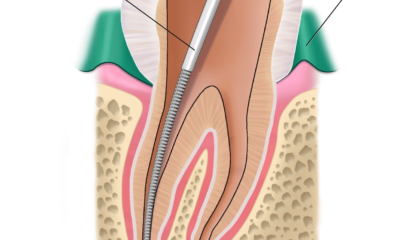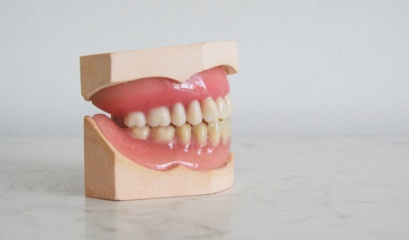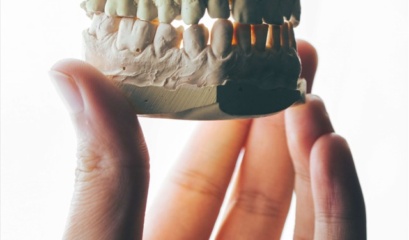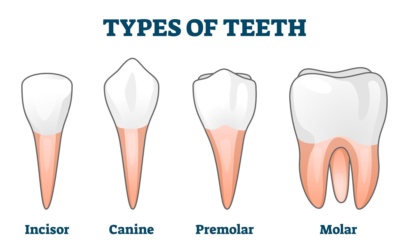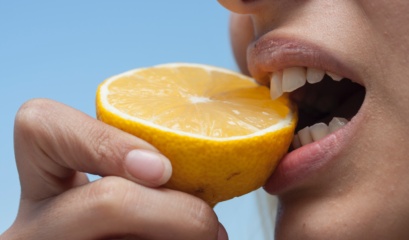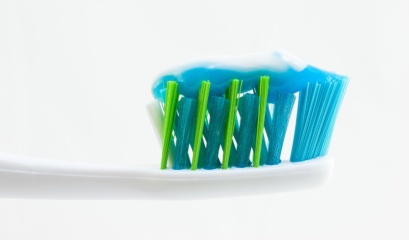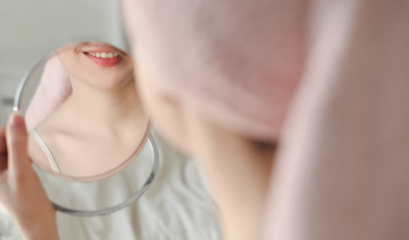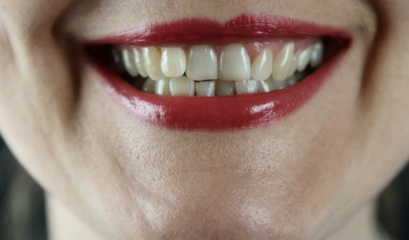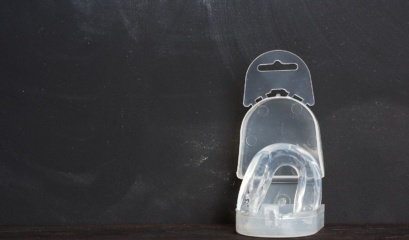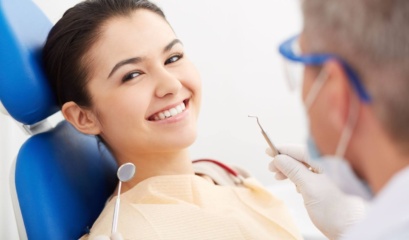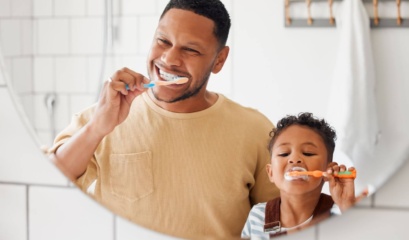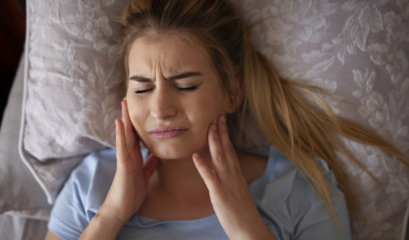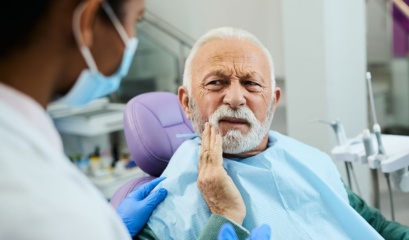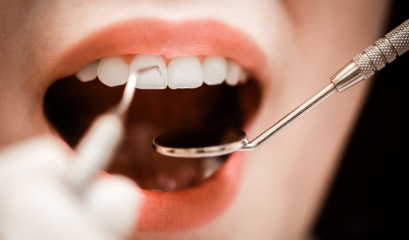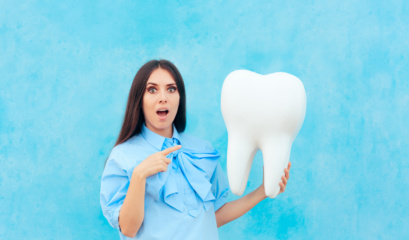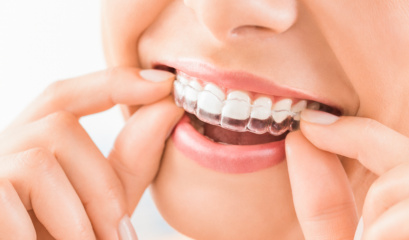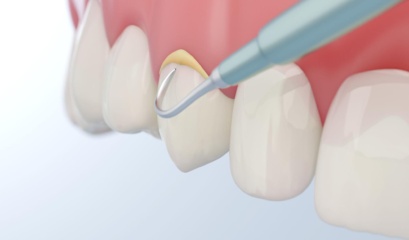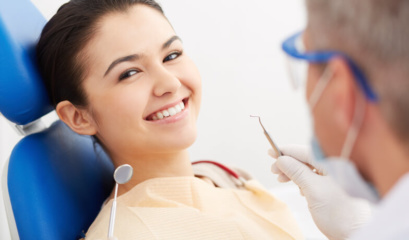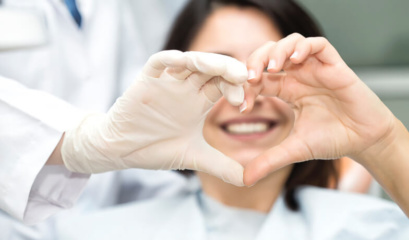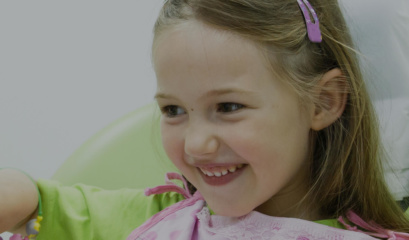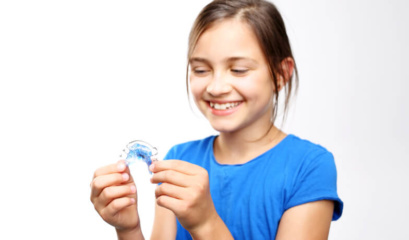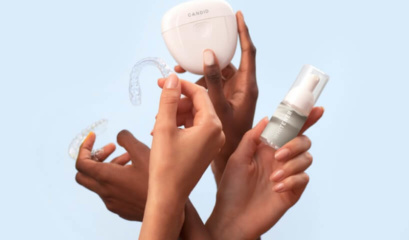Creating a good oral health routine for your pre-school children is very important and helps them develop valuable dental care habits. Here we discuss our top 9 dental health tips for preschoolers, helping you to ensure they develop beautiful, healthy smiles.
1. Use low fluoride toothpaste from 18 months to 6 years of age
From 18 months old, your toddler can use a small pea-size amount of toothpaste when brushing their teeth. It’s important they don’t swallow the toothpaste, opting to spit it out instead.
It’s also advised that they don’t rinse their mouths with water. This will ensure they keep a small amount of fluoride in their mouth which helps to protect their teeth.
2. Brush their teeth and along the gum line twice a day
Brushing your teeth twice a day is among the important dental health tips for preschoolers. Brushing your pre-schoolers teeth, after breakfast and before bed, will remove plaque that causes tooth decay. Choose a toothbrush with a small head and soft bristles that is designed for children.
Gently brush all surfaces of their teeth and along the gum line, using small circles. Children will need an adult to help them brush their teeth until they’re 7 to 8 years old, however, it’s a great idea to let them have a go first, with lots of encouragement.
3. Water is the best drink for pre-schoolers
Another important dental health tip for preschoolers is that they should drink tap water throughout the day. As Shepparton’s tap water supply has fluoride in it, this will help protect their teeth from decay. Remember that shop-bought bottled water usually does not have fluoride in it. Plain milk is also a healthy drink for children, and kids aged over 2 can drink reduced-fat milk.
4. Pre-schoolers don’t need fruit juice or other sweet drinks
Fruit juice and sweet drinks can increase the risk of tooth decay. Important to note, fruit juice with ‘no added sugar’ still contains natural sugar, which can also cause tooth decay. Also, diet soft drinks contain acids which can also damage teeth.
Sweet drinks that should be avoided include soft drinks, fruit juice, sports drinks, cordial, tea drinks, fruit drinks and energy drinks.
A better alternative to fruit juice and sweet drinks is fresh fruit. It provides the same nutrients plus fibre and is more filling than juice.
5. Limit sugary foods
It’s important to limit foods that are high in added sugars, as these are a cause of tooth decay. It’s also recommended to avoid using foods as incentives or rewards for good behaviour.
6. Healthy meals and snacks are important for healthy teeth
Enjoy a wide variety of healthy foods every day including fruits, vegetables, grains and cereals, dairy, lean meat, fish and eggs. Fruits and vegetables deliver important nutrients and vitamins to our bodies. While milk, yoghurt and cheese (and some dairy alternatives) are excellent sources of calcium, which is good for teeth. It’s recommended that you choose dairy products without added sugar.
With many common foods and snacks containing sugar, it’s important to role model healthy eating for your children. This is because they learn about food by watching their parents and other family members.
7. Encourage children to stop sucking their thumbs, fingers or using dummies
Most children stop sucking their fingers or thumbs between two and four years of age. To help your child break the habit, try encouragement and distractions. You could offer a reward for a period without sucking, marking their progress on a chart or calendar.
Because children can easily drift back into old habits, it’s important to understand that it may take several attempts to break the habit completely.
8. Book your child in for an oral health assessment at or before 2 years of age
By the time children are in preschool, they should have had an oral health assessment. If not, be sure to make an appointment to begin their journey of happy smiles.
9. See your dentist if your child damages their teeth
If your child knocks out a baby tooth, do not put it back in place. This can damage the adult tooth underneath the gum. If an adult tooth is knocked out or damaged, always seek immediate advice from your dentist.
Contact Knight Street Dentists for your Child
Strong oral habits start early. At Knight Street Dentists, we provide gentle and supportive dental care for preschoolers to develop healthy teeth and gums.
Book a check-up today to ensure your child’s smile stays bright and healthy. Our friendly team makes every visit a positive experience for little ones and parents alike.

